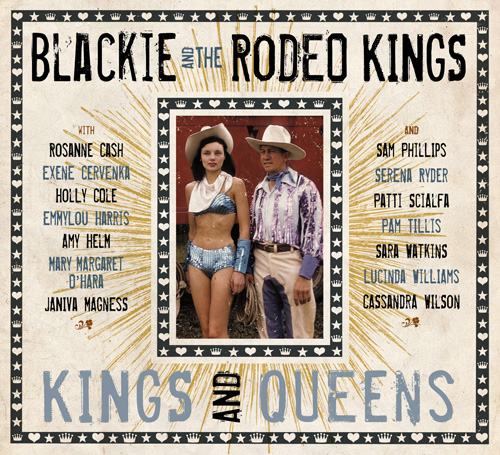Sara Watkins/Under the Pepper Tree/New West
Four out of Five Stars
Sara Watkins’ name seems to pop up everywhere. Indeed, she’s maintained an ongoing presence in the past decade or so, given a proficient body of work that extends from her early efforts with the break-through bluegrass band Nickel Creek and her ongoing collaboration with her brother Sean in the Watkins Family Hour to the super groups of sorts, I’m With Her, Mutual Admiration Society and Works Progress Administration, the latter of which found her front and center sharing in the limelight. Nevertheless, none of those collaborations detract from the four albums she put out under her own aegis, and the reputation she’s acquired as a singer, songwriter, and fiddler whose musical contributions are consistently in demand.
That said, it’s been five years since the release of her last solo offering, Young in all the Wrong Ways. With her new release, Under the Pepper Tree, Watkins excels once again, courtesy of a tender and touching musical tapestry drawn from nostalgic cover songs that bring to mind childhood memories and shared stories etched in comfort and caress.
Videos by American Songwriter

Of course the track list alone all but guarantees a wealth of soothing sounds, and those familiar with such songs as “Edelweiss,” “Second Star to the Right,” “Beautiful Dreamer,” “Moon River,” “When You Wish Upon a Star,” and “Tumbling Tumbleweeds”—as most people are—will find the quiet charms are already well preserved. To her credit, Watkins doesn’t tamper with the tone or treatment, and while her take on “Blue Shadows on the Trail,” a breezy reunion with Nickel Creek, sets up a more whimsical mood, sweeter sentiments ultimately prevail. This is after all, a collection of songs written with the little ones in mind, and given the fact that Watkins is a relatively new mom herself, both the mood and the material naturally align.
Not surprisingly then, Watkins treats these songs with the reverence they deserve, adopting an alto singing voice that seems to soar on nearly every entry while providing a flawless segue way from one set-up to another. To some, the treatments might sometimes sound a bit precious, but given the sanctity shared here, and taken in tandem with the delicate arrangements, this effort becomes a hallowed homage indeed. So too, when Watkins opts for a breathless vocal on an abbreviated version of the Rogers and Hammerstein showstopper, “You’ll Never Walk Alone,” the emotion is palatable. And once that leads into the album’s natural closer, a delicate take on the coda to the Beatles’ White Album, “Good Night,” the sentiment is summed up succinctly indeed.










Leave a Reply
Only members can comment. Become a member. Already a member? Log in.